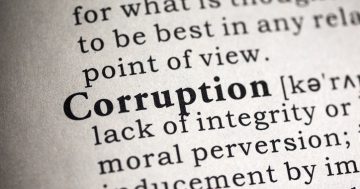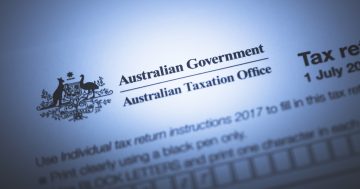 Malaysian Public Servants have been told not to use terms of endearment such as ‘love’ or ‘dear’ in the workplace, as it could be considered a form of sexual harassment.
Malaysian Public Servants have been told not to use terms of endearment such as ‘love’ or ‘dear’ in the workplace, as it could be considered a form of sexual harassment.
Language expert, Nik Safiah Karim said Public Servants who used such words could risk their duty being hindered as some would find it inappropriate.
“For example, if a policeman is trying to gather some information from the public and they use intimate names, it could spoil the situation and lead to false information,” Dr Nik said.
“They (the person being called such terms of endearment) could take offence, get angry and provide false information.”
She said intimate names were only suitable if the person in the conversation had familial or romantic ties.
“It is not appropriate when they [Public Servants] use informal language in a formal setting,” Dr Nik said.
“It doesn’t suit their uniform.”
This follows the Public Services Commission (PSC) listing these terms on a checklist on harassment and disciplinary offences for Government Departments and Agencies last month.
Included on the list is sexting, the act of sending indecent pictures and text messages with sexual connotations, which is now officially considered to be harassment.
The PSC also stated that extramarital affairs among Public Servants would result in disciplinary action.
The move has the backing of the Congress of Union of Employees in the Public and Civil Services (Cuepacs).
Secretary-General, Abdul Rahman Mohd Nordin said there was no place for such behaviour or language, adding the move might have been prompted by more frequent complaints.
“Regardless, only proper and polite words and behaviour should be used at the workplace,” Mr Mohd said.
Kuala Lumpur, 10 May 2023











